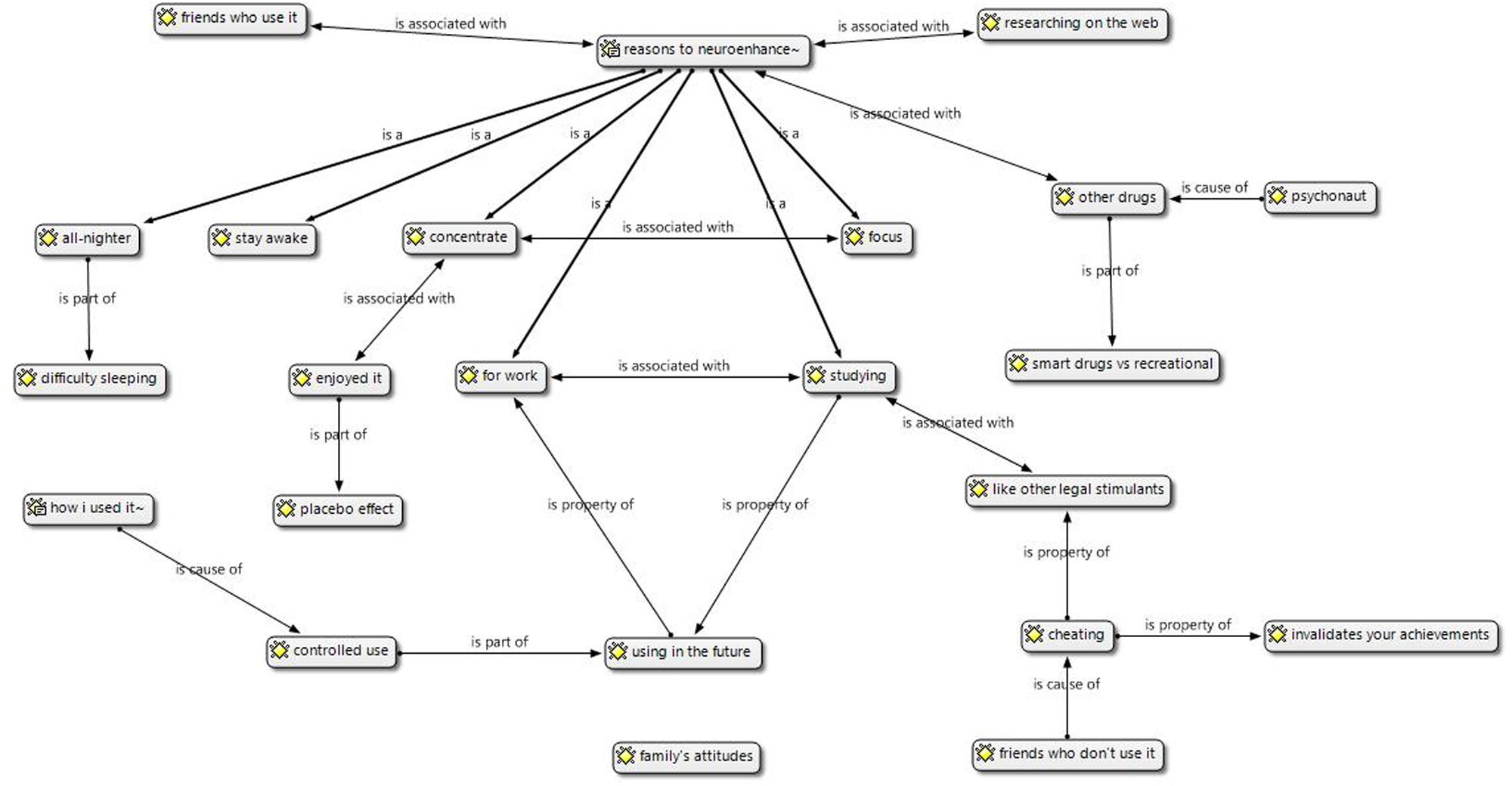Modafinil, a wakefulness-promoting agent, has garnered vital consideration since its introduction within the late 1990s as a therapy for narcolepsy and different sleep disorders. With its ability to enhance cognitive function and alertness, modafinil has develop into more and more fashionable amongst individuals in search of to enhance their productivity, focus, and overall cognitive efficiency. This article delves into the makes use of, benefits, and concerns associated with buying and using modafinil 200 mg, a common dosage type of this remedy.
Understanding Modafinil
Modafinil is classified as a eugeroic, a time period used to explain substances that promote wakefulness and alertness with out the side effects commonly related to conventional stimulants. It is believed to work by altering the degrees of neurotransmitters in the brain, particularly dopamine, norepinephrine, and histamine. This modulation enhances wakefulness and cognitive operate, making it an interesting possibility for many who experience excessive daytime sleepiness or cognitive fatigue.
Medical Makes use of of Modafinil
The first medical indication for modafinil is the treatment of narcolepsy, a neurological disorder characterized by uncontrollable daytime sleep attacks. Additionally it is prescribed for different situations equivalent to obstructive sleep apnea (OSA) and shift work sleep disorder (SWSD). In these contexts, modafinil helps patients maintain wakefulness and enhance their high quality of life.
In addition to its authorised makes use of, modafinil has gained reputation off-label for cognitive enhancement amongst healthy individuals. Many professionals, college students, and those in excessive-strain environments have turned to modafinil to spice up their concentration, reminiscence, and general cognitive performance.
Benefits of Modafinil 200 mg
- Enhanced Cognitive Operate: Quite a few studies have demonstrated that modafinil can improve various features of cognitive operate, together with reminiscence, consideration, and government function. This makes it significantly interesting to people looking for to enhance their academic or professional performance.
- Improved Alertness: Modafinil is efficient in promoting wakefulness, making it an appropriate option for individuals who work irregular hours or endure from sleep disorders. Users usually report feeling more alert and targeted after taking the remedy.
- Minimal Side effects: Compared to conventional stimulants like amphetamines, modafinil tends to have a extra favorable side impact profile. Whereas some people could experience complications, nausea, or anxiety, these unwanted side effects are usually less severe and less frequent than these associated with other stimulant medications.
- Long Duration of Action: Modafinil has a long half-life, which implies its effects can last for several hours. If you cherished this article and you simply would like to be given more info relating to buymodaonline kindly visit our own web page. This extended duration allows users to keep up alertness and cognitive efficiency all through the day with out the need for frequent dosing.
- Low Potential for Abuse: Modafinil is categorized as a Schedule IV controlled substance in the United States, indicating a decrease potential for abuse in comparison with other stimulants. This characteristic makes it a more engaging option for individuals concerned concerning the dangers associated with stimulant use.
Concerns When Purchasing Modafinil 200 mg
While the benefits of modafinil are compelling, there are several necessary concerns to bear in mind when purchasing and using this treatment.
- Prescription Requirement: In many international locations, including the United States, modafinil is out there only by prescription. It’s crucial to consult with a healthcare professional to determine if modafinil is suitable to your particular needs and to obtain a reliable prescription.
- Potential Uncomfortable side effects: Although modafinil is usually properly-tolerated, it isn’t without risks. Some individuals could experience unintended effects such as insomnia, anxiety, or gastrointestinal points. Moreover, rare but critical negative effects, equivalent to skin reactions or allergic responses, have been reported. It is important to be aware of those potential risks and to debate any considerations with a healthcare provider.
- Drug Interactions: Modafinil can work together with numerous medications, including hormonal contraceptives, anticoagulants, and sure antidepressants. It is vital to disclose all medications and supplements you take to your healthcare provider to avoid potential interactions.
- Legitimacy of Sources: With the rise of online pharmacies, it’s essential to ensure that you’re purchasing modafinil from a good supply. Many websites declare to sell modafinil without a prescription, but these merchandise could also be counterfeit or of substandard high quality. At all times verify the legitimacy of the pharmacy and seek the advice of with a healthcare skilled earlier than making a purchase order.
- Off-Label Use Issues: Whereas many people use modafinil off-label for cognitive enhancement, the long-time period effects of such use are not properly understood. It is essential to method off-label use with warning and to think about the potential dangers and benefits rigorously.
Conclusion
Modafinil 200 mg provides a range of benefits for people seeking to boost their wakefulness and cognitive function. Its medical functions for situations like narcolepsy and sleep apnea are nicely-established, and its off-label use for cognitive enhancement has gained reputation in recent years. Nonetheless, it is essential to strategy the acquisition and use of modafinil with caution, considering the potential dangers, side effects, and the importance of acquiring a respectable prescription.
As research continues to discover the full range of modafinil’s results and purposes, individuals interested on this medicine ought to prioritize their well being and security by consulting with healthcare professionals and making certain that they get hold of modafinil from reputable sources. With accountable use, modafinil can be a precious device for these looking for to improve their cognitive efficiency and total quality of life.





